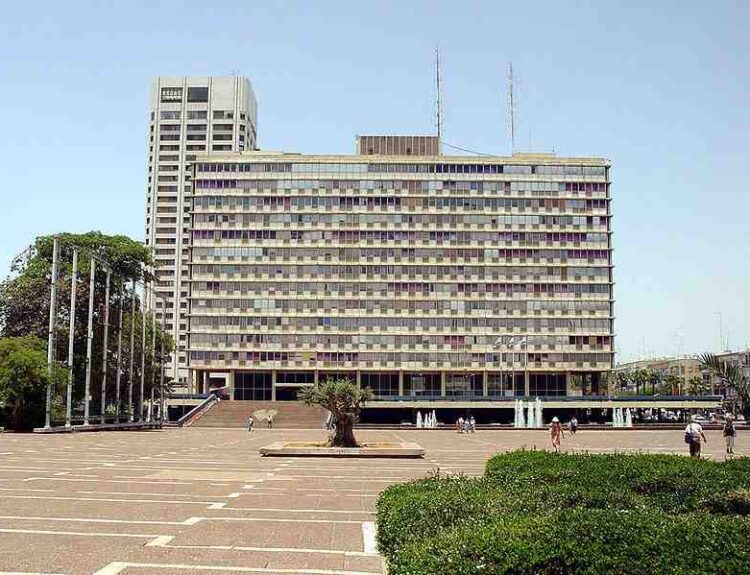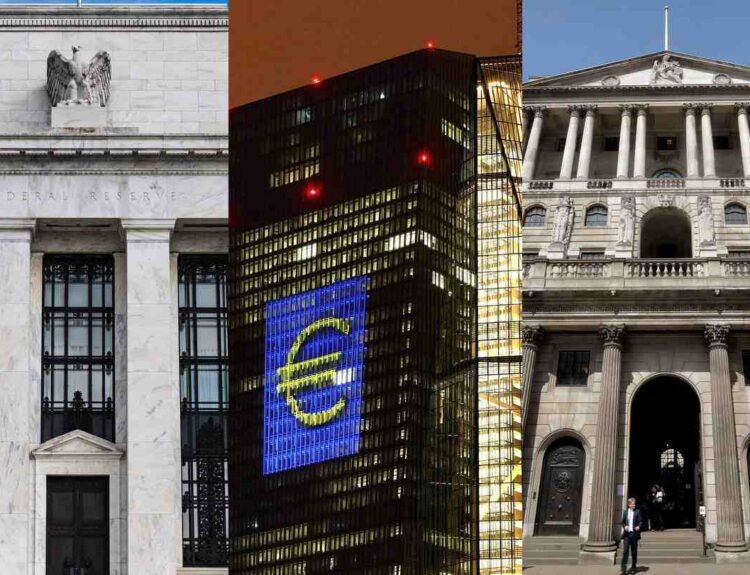Space Junk Piles Up, Mitigation Efforts Fall Short
- ESA’s 2024 Space Environment Report highlights the increasing space debris problem
- More than 35,000 objects being tracked in Earth’s orbit
- Low-Earth orbit becoming increasingly congested and hazardous
- SpaceX Starlink satellites perform 50,000 collision avoidance maneuvers in a year
- Increased solar activity contributing to uncontrolled re-entries
- Mitigation efforts not enough to ensure sustainability in the long term
The European Space Agency’s (ESA) latest report reveals the growing issue of space debris and its potential impact on Earth’s orbit. With over 35,000 objects tracked in orbit, low-Earth orbit is becoming increasingly congested and hazardous. Despite efforts to mitigate the problem, the number of catastrophic collisions is predicted to rise significantly in the coming centuries. SpaceX Starlink satellites have performed nearly 50,000 collision avoidance maneuvers, while increased solar activity contributes to uncontrolled re-entries. ESA urges for improved mitigation strategies.
Factuality Level: 8
Factuality Justification: The article provides accurate information about the increasing amount of space debris in Earth’s orbit and its potential consequences on critical infrastructure like satellites and space telescopes. It also discusses efforts to mitigate the issue, such as deorbiting payloads and increased solar activity affecting uncontrolled re-entries. The article includes expert opinions from Mars Buttfield-Addison, a PhD researcher at the University of Tasmania, which adds credibility to the information presented.
Noise Level: 4
Noise Justification: The article provides relevant information about the increasing issue of space debris and its impact on Earth’s orbit, as well as efforts to mitigate the problem. However, it contains some exaggerated language and repetitive statements, such as referring to space as a ‘teenager’s bedroom.’ It also dives into unrelated topics like solar activity and survival in space without directly connecting them to the main issue of space debris. The article could benefit from more focus on scientific rigor and intellectual honesty.
Public Companies: European Space Agency (), SpaceX (SPACE)
Key People: Mars Buttfield-Addison (PhD researcher at the University of Tasmania and Australia’s CSIRO)
Financial Relevance: Yes
Financial Markets Impacted: SpaceX, other satellite companies
Financial Rating Justification: The article discusses the increasing issue of space debris and its impact on satellites and space infrastructure, which can affect commercial satellite operations and potentially disrupt critical space-based infrastructure like space telescopes and low-orbit space stations. This has financial implications for companies like SpaceX and other satellite operators, as well as potential consequences for their business operations and investments.
Presence Of Extreme Event: Yes
Nature Of Extreme Event: Environmental Crisis
Impact Rating Of The Extreme Event: Major
Extreme Rating Justification: The article discusses the increasing amount of space debris and its potential catastrophic consequences on critical infrastructure in low-Earth orbit, including satellites and space telescopes. The European Space Agency’s report highlights that despite mitigation efforts, the issue is becoming unsustainable and predicts a significant rise in catastrophic collisions over the next few centuries if measures are not improved.
 www.space.com
www.space.com 





